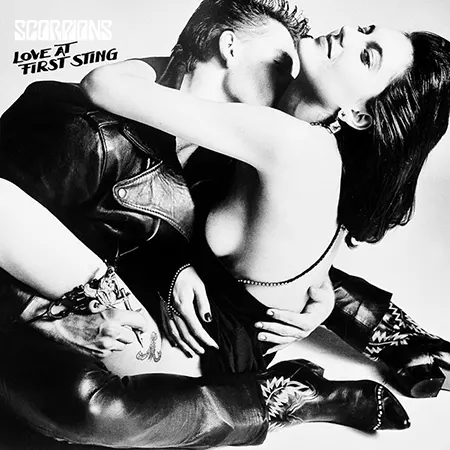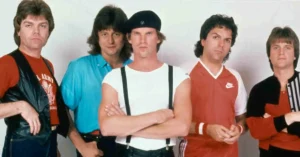Scorpions: German Rock Legends Shaping Hard Rock History
Scorpions. Formation and Early Years
Scorpions were formed in 1965 in Hanover, , by guitarist Rudolf Schenker. Initially, the band’s lineup went through several changes before settling on a core group. Vocalist Klaus Meine joined in 1969, marking the beginning of the classic lineup that would define their sound.
During the early 1970s, Scorpions developed a raw hard rock and heavy metal style influenced by British bands such as and . Their early albums showcased their potential but achieved limited commercial success outside Germany.

Scorpions. Musical Style and Evolution
Scorpions are best known for their distinctive blend of:
- Powerful hard rock and heavy metal riffs
- Memorable, melodic vocals by Klaus Meine
- Emotional ballads and anthem-like choruses
- Guitar harmonies and solos featuring Rudolf Schenker and Matthias Jabs
- Lyrics covering themes from love and heartbreak to freedom and rebellion
Their versatility allowed them to craft both high-energy rockers and timeless ballads, making them one of the most commercially successful German bands worldwide.

Scorpions. Key Albums and Career Highlights
Fly to the Rainbow (1974)
Their debut album introduced a heavy, blues-based hard rock style, setting the foundation for their future work.
In Trance (1975) and Virgin Killer (1976)
These albums featured a heavier sound with tighter compositions and earned them a growing fanbase in Europe.
Lovedrive (1979)
Often considered a breakthrough album, Lovedrive combined melodic hooks with heavier riffs, showcasing the band’s evolving style.
Animal Magnetism (1980)
This album contained harder, darker tracks along with the classic ballad “Make It Real,” further cementing their reputation.
Blackout (1982)
A critical and commercial success, Blackout featured some of their most famous tracks like “No One Like You” and “Blackout,” solidifying their status in the metal scene.
Love at First Sting (1984)
Their biggest international breakthrough, including iconic hits such as “Rock You Like a Hurricane” and “Still Loving You.” This album reached multi-platinum status worldwide.
Savage Amusement (1988) and Crazy World (1990)
These albums continued their success with a polished sound and hits like “Wind of Change,” which became an anthem for the end of the Cold War.
Scorpions. Later Years and Legacy Albums
Albums like Face the Heat (1993), Unbreakable (2004), and Return to Forever (2015) showed their persistence and ability to adapt to changing rock landscapes, continuing to tour and release music to dedicated fans.
Scorpions. Legacy and Influence
- Scorpions are one of the best-selling bands worldwide, with over 100 million records sold.
- Their song “Wind of Change” is considered one of the most powerful rock ballads linked to historical events.
- They played a significant role in popularizing and heavy metal in Europe and beyond.
- The band’s longevity, with over five decades of activity, is a testament to their talent and appeal.
- Their music has influenced countless rock and metal artists globally.
Interesting Facts
- Klaus Meine famously struggled with vocal cord issues but made a remarkable recovery, continuing his career.
- The band’s mascot, the Scorpion, became an iconic symbol featured on many album covers and merchandise.
- Scorpions performed at the Berlin Wall in 1989, symbolizing hope and freedom with “Wind of Change.”
- Rudolf Schenker and Matthias Jabs are known for their dynamic guitar interplay and signature riffs.
Select Discography
- Fly to the Rainbow (1974)
- In Trance (1975)
- Virgin Killer (1976)
- Lovedrive (1979)
- Animal Magnetism (1980)
- Blackout (1982)
- Love at First Sting (1984)
- Savage Amusement (1988)
- Crazy World (1990)
- Face the Heat (1993)
- Unbreakable (2004)
- Return to Forever (2015)
Scorpions remain a pillar of classic rock and metal, celebrated for their melodic mastery, unforgettable hits, and enduring impact on the music world.





